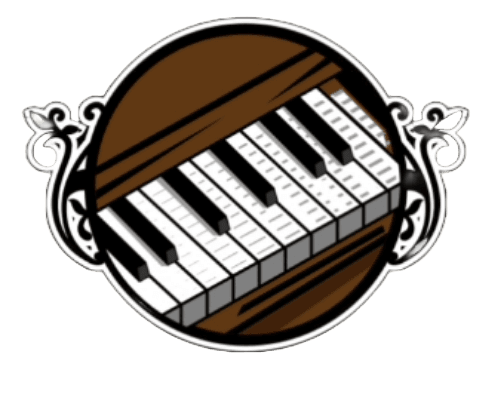The Art of Practice: How to Maximize Your Private Piano Lessons
The Foundation of Effective Practice
Private piano lessons are a fantastic way to develop your musical talents, but the real progress happens during your practice sessions. Understanding how to maximize these sessions is crucial to becoming a proficient pianist. By focusing on effective practice techniques, you'll make each session more productive and enjoyable.
One key to effective practice is setting clear and achievable goals for each session. Whether it's mastering a new piece, improving your technique, or understanding music theory, having a defined objective will guide your practice time effectively. Start with small, manageable goals that build up to larger achievements.

Creating a Structured Practice Routine
A structured routine is essential in ensuring steady progress. Dedicate specific times for practice and stick to them as much as possible. Consistency helps to develop muscle memory and reinforces what you've learned during lessons. Divide your practice time into segments focusing on different aspects like scales, technical exercises, and repertoire.
Use a timer to keep track of each segment, ensuring balanced attention across all areas. For example, you might spend 10 minutes on scales, 15 minutes on technical exercises, and 20 minutes on your current pieces. This approach prevents boredom and keeps the mind engaged.
Incorporating Feedback and Reflection
After each lesson, take some time to reflect on the feedback provided by your instructor. Write down key points and areas that need improvement. This reflection will guide your practice sessions and help you focus on what matters most.

Using Technology to Enhance Learning
Embrace technology to aid your piano practice. There are numerous apps available that can assist in everything from reading sheet music to developing rhythm and timing skills. Metronomes, recording devices, and online tutorials can provide additional support and insights into your playing.
Recording your sessions is particularly beneficial. Listening back allows you to hear mistakes you might not notice while playing and track your progress over time. It's a powerful tool for self-assessment and motivation.
Balancing Patience and Persistence
Progress in piano playing doesn't happen overnight. It's crucial to maintain patience and persistence. Celebrate small victories along the way and understand that setbacks are part of the learning process. Keeping a positive mindset will enhance your enjoyment and motivate you to keep practicing.

The Role of Active Listening
Active listening is an often overlooked aspect of piano practice. Spend time listening to recordings of the pieces you're working on by renowned pianists. This will not only inspire you but also offer insights into interpretation and phrasing.
Try to imitate the nuances and expressiveness of professional performances, incorporating them into your own playing. This practice will deepen your musical understanding and improve your ability to convey emotion through music.
Conclusion: Making Every Note Count
The art of practice is about making every note count. With dedication, structured routines, and the right mindset, you'll maximize the benefits of your private piano lessons. Remember, the journey is just as important as the destination, so enjoy each step along the way.
